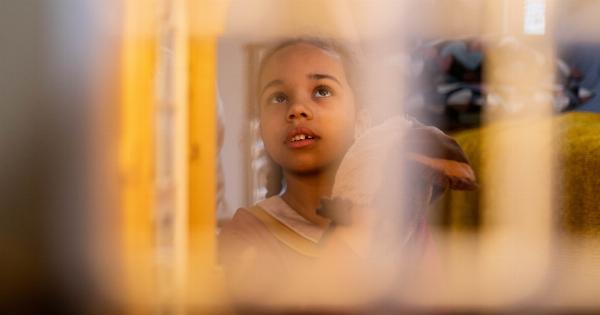For most of us, teeth are a vital part of our lives, impacting our looks, our speech, and our ability to eat.
Maintaining healthy teeth is crucial, but what happens when we lose one (or more) of them? Tooth loss can lead to a multitude of physical and emotional issues, including social consequences that can affect our daily lives. In this article, we will explore the social consequences of tooth loss.
Embarrassment and Self-consciousness
Tooth loss can lead to embarrassment and self-consciousness, especially if the lost tooth is in a visible area. People who are missing teeth may feel ashamed or embarrassed about their appearance and may avoid social situations.
They may feel that others are looking at them and judging them for their missing teeth, which can lead to anxiety and depression. These feelings can cause people to withdraw from social situations and become isolated.
Difficulty Eating and Speaking
When we lose a tooth, our ability to chew and eat certain foods can be affected. Depending on the location of the missing tooth, we may have difficulty biting into and tearing certain foods.
This can be frustrating and lead to a restricted diet that may not be nutritionally complete. In addition, missing teeth can affect our ability to speak clearly, causing us to slur or mispronounce certain words. This can be embarrassing and lead to communication problems, affecting our ability to interact socially.
Lower Self-esteem and Confidence
People who have lost teeth may experience a drop in self-esteem and confidence. They may feel that their appearance is unattractive and that others are judging them for it. This can lead to feelings of inadequacy and low self-worth.
Over time, this can affect their social interactions and relationships, as they may avoid situations where they feel they are not meeting social standards.
Alienation
People who have lost teeth may feel isolated and alienated from society. They may feel that they are not part of the mainstream and that society does not accept them.
This can lead to feelings of resentment and anger, which can affect their relationships and interactions with others. It is important to note that tooth loss does not have to lead to alienation, but it can contribute to it if left untreated.
Difficulty Finding Employment
People who are missing teeth may have difficulty finding employment. Employers may view missing teeth as a sign of poor oral health and hygiene, which can affect the overall perception of the potential employee.
This can lead to discrimination and difficulty in finding work.
Higher Healthcare Costs
Finally, people who have lost teeth may incur higher healthcare costs due to the need for additional dental work.
Depending on the cause of the tooth loss, people may require dental implants, bridges, or dentures to restore their smile and dental function. These procedures can be costly and may not be covered by insurance, leading to financial strain and further stress.
Conclusion
Tooth loss is a serious issue that can have far-reaching social consequences. People who have lost teeth may feel embarrassed, self-conscious, and isolated, leading to a drop in self-esteem, confidence, and overall quality of life.
It is important to seek dental treatment if you are experiencing tooth loss, as early intervention can help prevent further damage and improve your overall oral health and wellbeing.




























